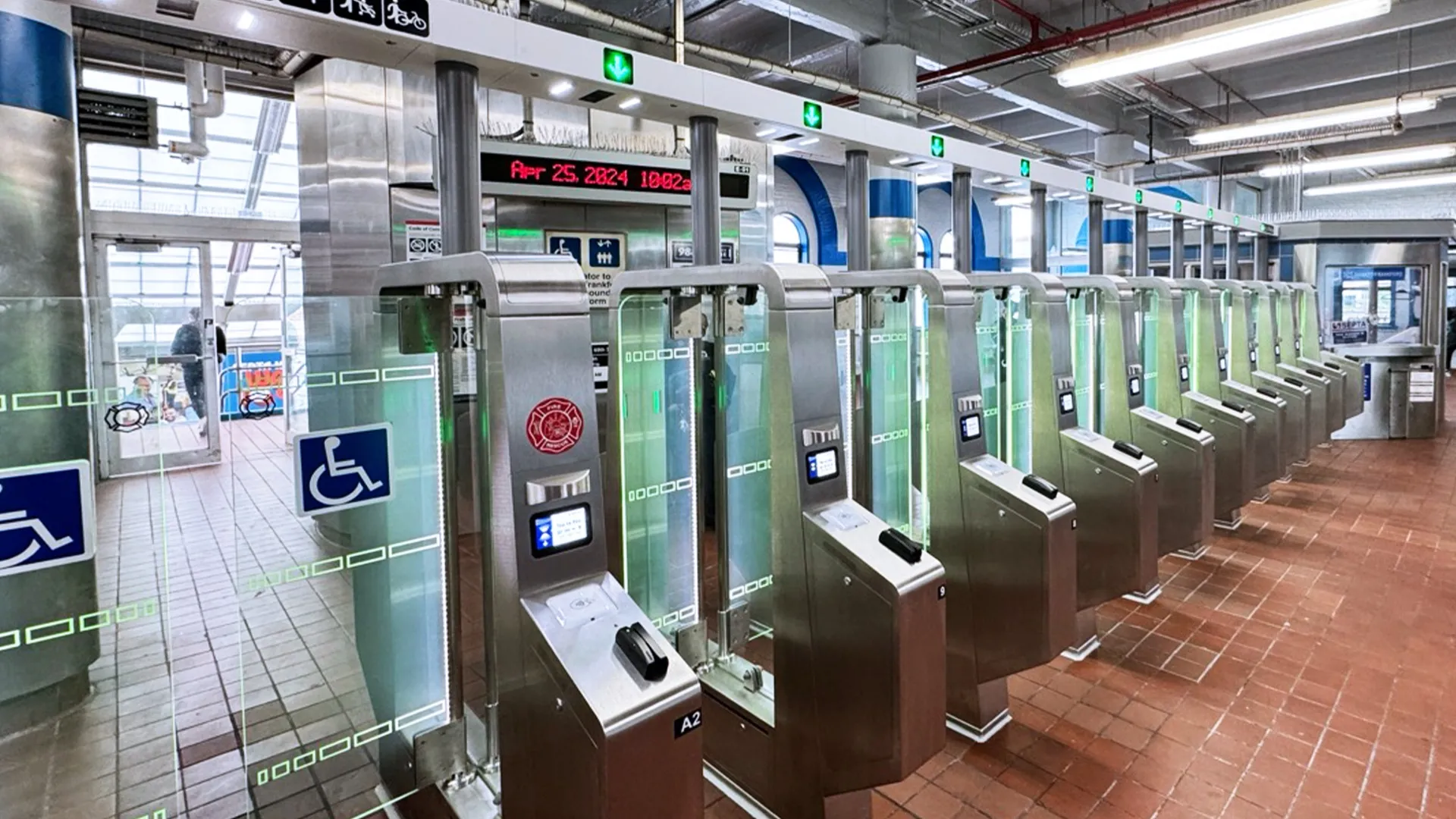In the UK, rail operator First ScotRail plans to install 140 smartcard validation machines across seventy of the 350 stations in Scotland, focusing on the Aberdeen, Stirling and Strathclyde areas. The technology was installed in twenty-seven stations at the end of 2012, and should be implemented in the remaining stations in the next three months. Building on a pilot scheme for annual season-ticket holders that has been running between Edinburgh and Glasgow on the line through Falkirk since 2011, the move wi
January 9, 2013
Read time: 2 mins
In the UK, rail operator First 7078 ScotRail plans to install 140 smartcard validation machines across seventy of the 350 stations in Scotland, focusing on the Aberdeen, Stirling and Strathclyde areas.
The technology was installed in twenty-seven stations at the end of 2012, and should be implemented in the remaining stations in the next three months.
Building on a pilot scheme for annual season-ticket holders that has been running between Edinburgh and Glasgow on the line through Falkirk since 2011, the move will mean that the stations will have the same integrated transport smartcard organisation technology installed in most of the country's buses.
Deputy First Minister Nicola Sturgeon revealed a so-called Saltire card vision in October, which the2112 Scottish Government envisages would work in the same way as the Oyster card in London, with the eventual aim of smartcards being used on all journeys by train, bus, subway, tram and ferry in Scotland.
First Group has a duty to roll out a smartcard service as part of its seven-year ScotRail franchise, which is due for renewal this year. However, the service is at least a year behind the target the company publicly set itself in 2009 and it is not yet clear when the service will be expanded to the rest of the rail network.
Together with a two-year contract to manage the service, this stage of the project is expected to cost Aberdeen-based First Group up to US$1.3 million. The Glasgow-Edinburgh pilot is being managed by Japanese group,5163 Fujitsu.
A spokesman for First Group said: "All seventy stations will have the validators by 31 March this year. They will be operational on dates to be announced in due course."
The technology was installed in twenty-seven stations at the end of 2012, and should be implemented in the remaining stations in the next three months.
Building on a pilot scheme for annual season-ticket holders that has been running between Edinburgh and Glasgow on the line through Falkirk since 2011, the move will mean that the stations will have the same integrated transport smartcard organisation technology installed in most of the country's buses.
Deputy First Minister Nicola Sturgeon revealed a so-called Saltire card vision in October, which the
First Group has a duty to roll out a smartcard service as part of its seven-year ScotRail franchise, which is due for renewal this year. However, the service is at least a year behind the target the company publicly set itself in 2009 and it is not yet clear when the service will be expanded to the rest of the rail network.
Together with a two-year contract to manage the service, this stage of the project is expected to cost Aberdeen-based First Group up to US$1.3 million. The Glasgow-Edinburgh pilot is being managed by Japanese group,
A spokesman for First Group said: "All seventy stations will have the validators by 31 March this year. They will be operational on dates to be announced in due course."









